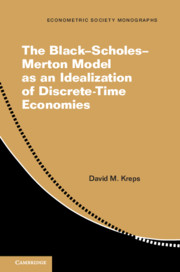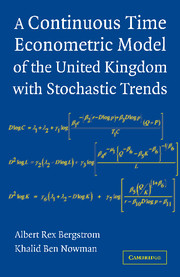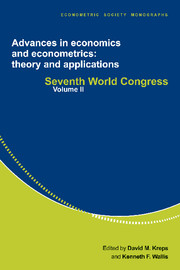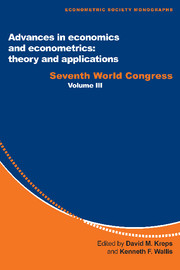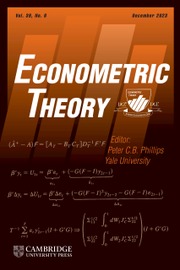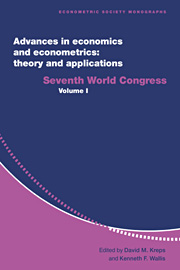The Black–Scholes–Merton Model as an Idealization of Discrete-Time Economies
This book examines whether continuous-time models in frictionless financial economies can be well approximated by discrete-time models. It specifically looks to answer the question: in what sense and to what extent does the famous Black-Scholes-Merton (BSM) continuous-time model of financial markets idealize more realistic discrete-time models of those markets? While it is well known that the BSM model is an idealization of discrete-time economies where the stock price process is driven by a binomial random walk, it is less known that the BSM model idealizes discrete-time economies whose stock price process is driven by more general random walks. Starting with the basic foundations of discrete-time and continuous-time models, David M. Kreps takes the reader through to this important insight with the goal of lowering the entry barrier for many mainstream financial economists, thus bringing less-technical readers to a better understanding of the connections between BSM and nearby discrete-economies.
- Exposes mainstream scholars in finance and economic theory to developments in financial mathematics
- Provides an accessible and unified treatment of the connections between discrete-time and continuous-time models of financial markets
- Employs mathematically sophisticated concepts and results, including weak convergence of probabilities on spaces of functions, the classic functional central limit theorem of Donsker, and the Skorohod representation theorem
Reviews & endorsements
'He did it again - David M. Kreps, the unparalleled master of theory and exposition, now adds detailed discrete underpinnings to the Black-Scholes-Merton model. This beautifully written monograph forms bookends with the foundational Harrison-Kreps martingale theory of financial asset pricing. Every researcher and student in this field will want a copy!' Darrell Duffie, Dean Witter Distinguished Professor of Finance, Stanford University, California
'In this monograph, David M. Kreps studies the question of how well, on economic grounds, classic models of Black, Scholes, and Merton idealize more comprehensible but less tractable discrete-time models. The book is a gold mine of mathematical tools for studying these issues.' Thomas J. Sargent, New York University and 2011 Nobel Laureate in Economics
'David M. Kreps' previous work substantially generalized and clarified the Black-Scholes-Merton (BSM) model. In this superb monograph, he turns to another basic question: to what extent is the BSM model an idealization of models with discrete but fast trading opportunities? His elegant answer is bound to stimulate a large follow-up literature.' José Scheinkman, Charles and Lynn Zhang Professor of Economics, Columbia University, New York
'Continuous-time finance involves conceptual and technical complexities, which are often swept under the rug when the material is taught to economists. This book cuts through the complexities while providing excellent economic intuition and insight. It helps the reader develop a deeper appreciation of the foundations of modern finance theory, and of the connections between continuous- and discrete-time models in economics more generally.' Dimitri Vayanos, Professor of Finance, London School of Economics and Political Science
Product details
September 2019Hardback
9781108486361
214 pages
235 × 157 × 15 mm
0.43kg
7 b/w illus. 1 table
Available
Table of Contents
- 1. Introduction
- 2. Finitely many states and dates
- 3. Countinuous time and the Black-Scholes-Merton (BSM) Model
- 4. BSM as an idealization of binomial-random-walk economies
- 5. Random walks that are not binomial
- 6. Barlow's example
- 7. The Pötzelberger-Schlumprecht example and asymptotic arbitrage
- 8. Concluding remarks, Part I: how robust an idealization is BSM?
- 9. Concluding remarks, Part II: continuous-time models as idealizations of discrete time
- Appendix.

